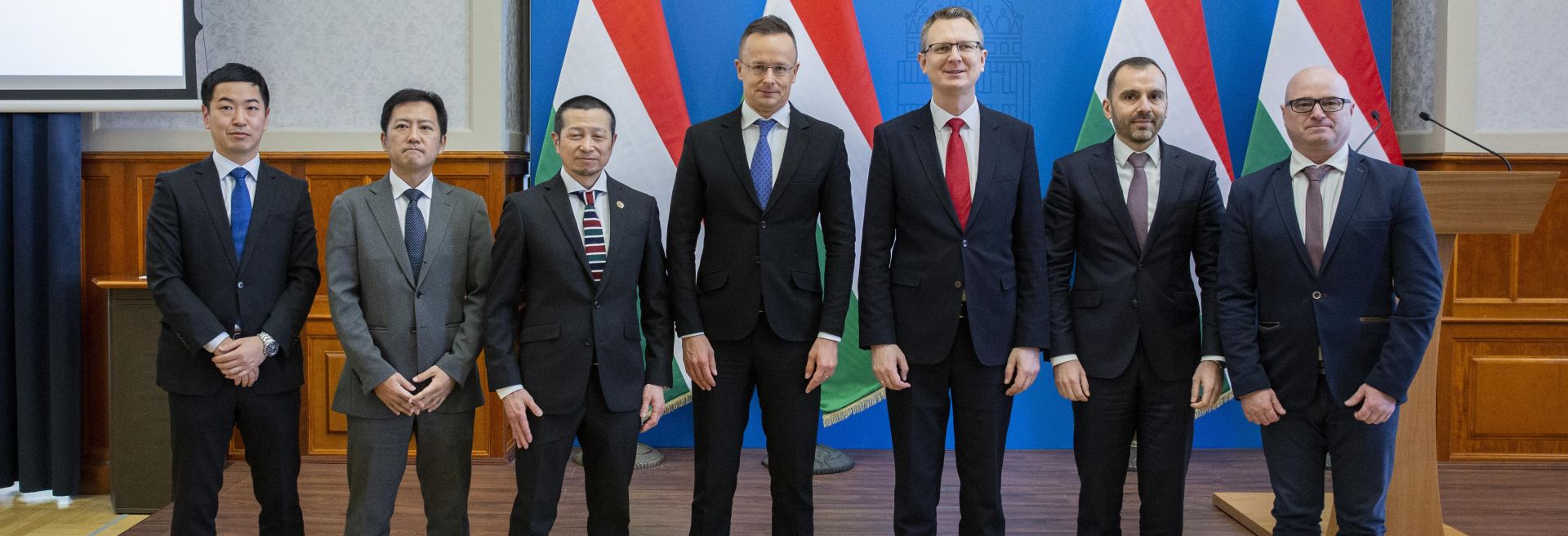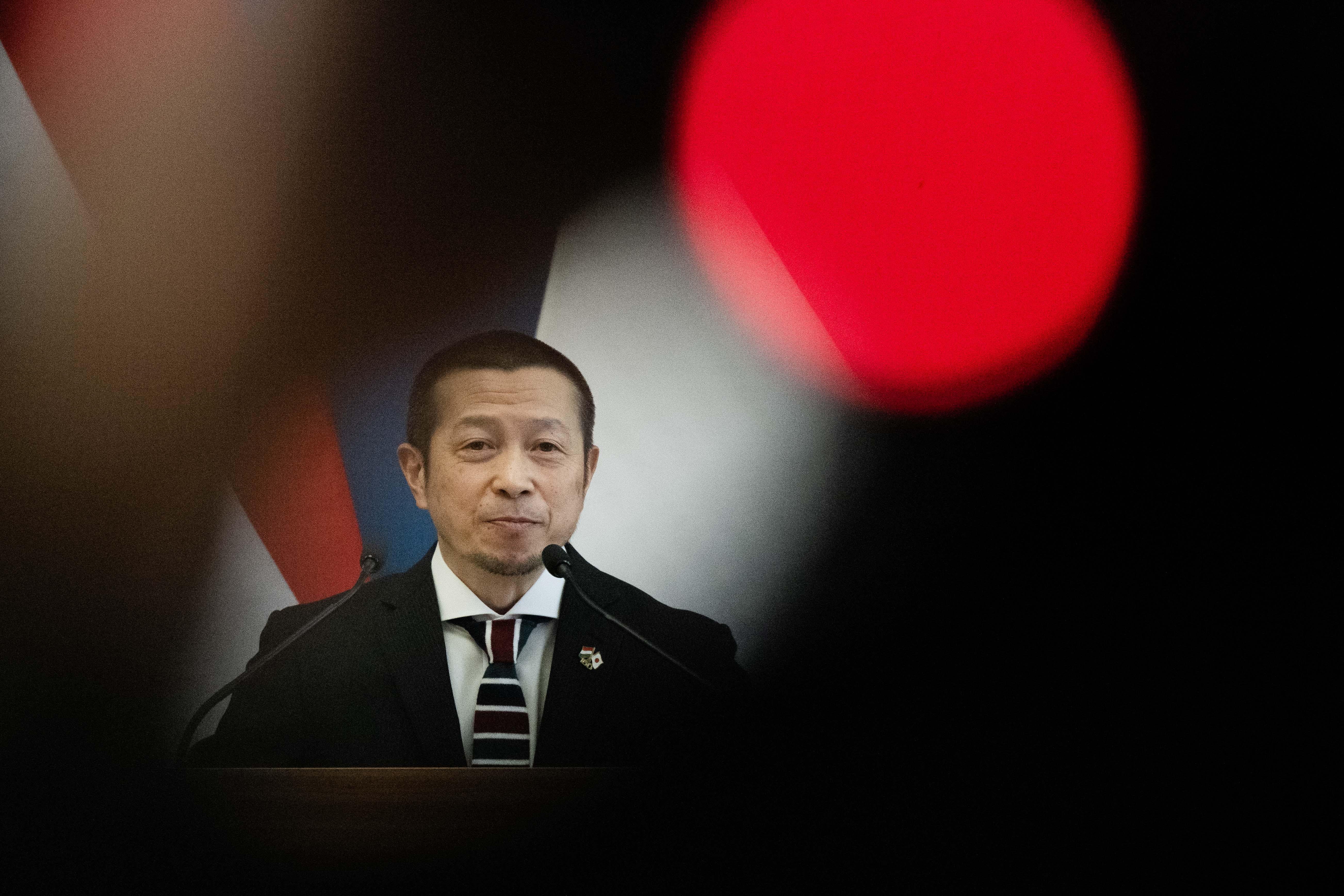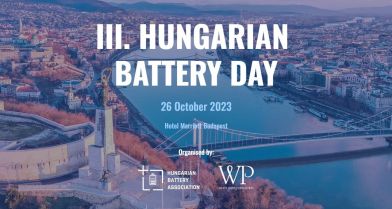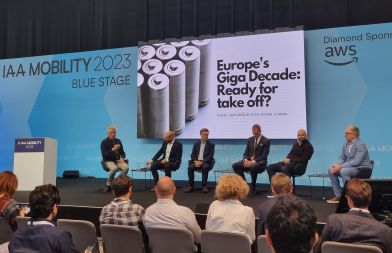
Nippon Paper’s Investment Contributes To The Local Battery Value Chain
2023. 02. 06.
A new stakeholder joins the Hungarian electric vehicle manufacturing landscape thanks to Nippon Paper’s investment in Vácrátót to produce high-performance environmentally friendly cellulose-based additives for batteries. The project is bound to generate some EUR 50 million of sales revenues and create around 60 jobs.
Japan-based Nippon Paper Group is mainly known for its activities in the pulp and paper manufacturing business, and it operates primarily in Asia, Australia and North America. Given worldwide digitalization and the resulting drop in demand for print products, the company has been shifting its focus towards new areas of development.
One of those fields concerns the chemical industry, namely the manufacturing of CMC (carboxymethyl cellulose), which is one of the materials used for lithium-ion battery anodes in electric vehicles (EV). CMC is a biomaterial made from cellulose, the largest accumulated biomass on earth, thus it is very much environmentally friendly. Due to its unique properties, it has been widely used as an additive in food and cosmetics as well as in industrial applications such as paper manufacturing. Thanks to Nippon Paper’s own development, however, CMC also serves as a high-performance additive in the coating process for lithium-ion battery anode.

Now the company plans to set up an 8,000 square meter plant in Vácrátót, Hungary, that is expected to be up and running by the end of 2024. ) By this investment, CMC production capacity will suffice to produce around 300 GWh or more for LiB equivalent, and it should generate sales worth EUR 50 million and employ some 60 people.
As Yuji Kikkawa, CEO of Nippon Paper Chemical Europe highlighted at the announcement, by establishing a global supply system of high-performance CMC from two manufacturing locations, namely Japan and Hungary, the company will contribute to the realization of a carbon-neutral society and to the development of Hungary.




